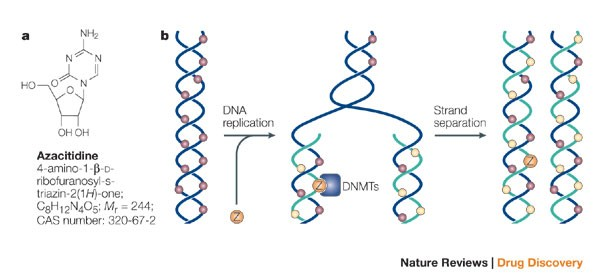Introduction
For decades, scientists believed that DNA was destiny—that your genes alone determined your health, traits, and even behavior. But what if your lifestyle, environment, and experiences could rewrite parts of your genetic code without changing the DNA sequence itself? Enter epigenetics, the game-changing field that reveals how genes are activated or silenced—and why you have more control over your biology than you think.
What is Epigenetics?
Epigenetics (meaning "above genetics") studies heritable changes in gene expression caused by external factors, not DNA mutations. Think of it like a light dimmer switch—your genes stay the same, but their intensity can be turned up or down.
Key Mechanisms:
- DNA Methylation – A "molecular cap" that silences genes.
- Histone Modification – Proteins that loosen or tighten DNA, making genes more/less accessible.
- Non-Coding RNA – Molecules that regulate gene activity post-transcription.
Mind-Blowing Epigenetic Discoveries
1. Trauma Can Be Inherited
- Studies on Holocaust survivors’ descendants show stress-related gene changes passed down through generations.
- Lab mice trained to fear a smell passed that fear to offspring without direct exposure.
2. Your Diet Alters Your Genes
- The Dutch Hunger Winter (1944): Famine during pregnancy led to grandchildren with higher obesity rates—without DNA mutations.
- Broccoli’s Superpower: Sulforaphane (in cruciferous veggies) can reactivate tumor-suppressing genes.
3. Identical Twins Aren’t So Identical
- Despite sharing 100% DNA, twins diverge epigenetically with age due to environmental differences.
- This explains why one twin may develop cancer while the other stays healthy.
Epigenetics & Medicine: The Future
1. Cancer Treatment
- Drugs like azacitidine reverse harmful methylation in leukemia cells.

2. Anti-Aging Therapies
- Resetting epigenetic clocks could slow aging (e.g., Yamanaka factors).
3. Personalized Health
- Epigenetic tests may soon predict your risk for diseases years before symptoms appear.
How to "Hack" Your Epigenome
While you can’t change your DNA, you can influence gene expression:
✅ Eat methyl-rich foods (leafy greens, beets, garlic).
✅ Exercise – Alters histone modifications in muscle genes.
✅ Reduce stress – Chronic stress = harmful methylation.
🚭 Avoid toxins – Smoking and pollution leave epigenetic scars.
Ethical Dilemmas
- Prenatal epigenetics: Should parents optimize a child’s gene expression in the womb?
- Epigenetic discrimination: Could insurers deny coverage based on your methylome?
Conclusion
Epigenetics proves that DNA isn’t a fixed blueprint—it’s a dynamic script shaped by your choices. The implications? Empowerment, but also responsibility.